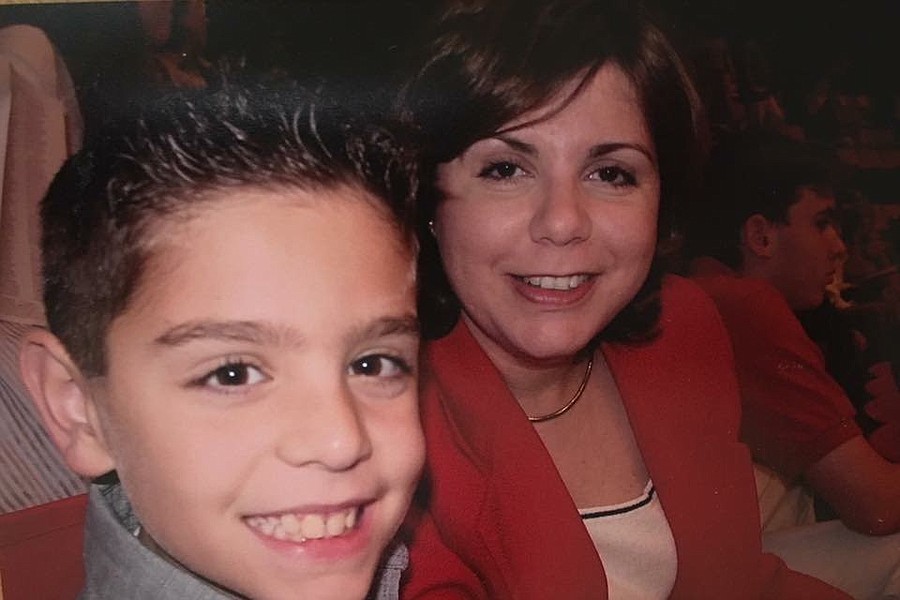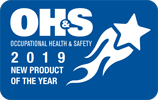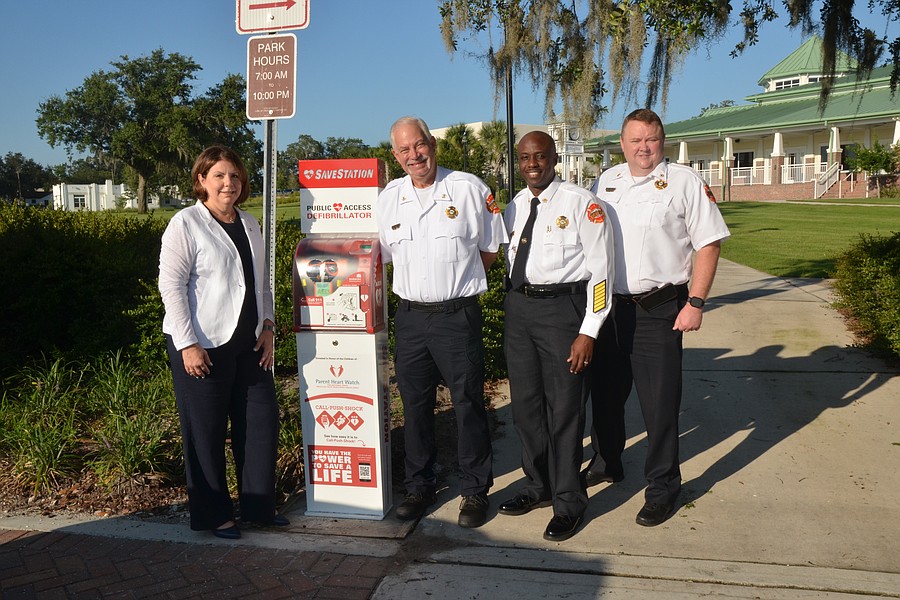
Source: Orangeobserver.com
Martha Lopez-Anderson lost her son to sudden cardiac arrest in 2004 and continues to educate and advocate today through Parent Heart Watch.
Sean Anderson would be 29 this year, and his mother, Martha Lopez-Anderson, often wonders what he would be like as an adult.
Ten-year-old Sean was inline skating outside his Ocoee home when he collapsed from sudden cardiac arrest in 2004. No one knew he had a heart condition, Lopez-Anderson said. In fact, he was declared healthy and fit at his well-child checkup one month earlier, she added.
Since Sean’s death, Lopez-Anderson and her husband, Andy Anderson, now living in Winter Garden, have been on a crusade to create awareness of the condition and educate people on how to help save the life of someone who goes into sudden cardiac arrest.
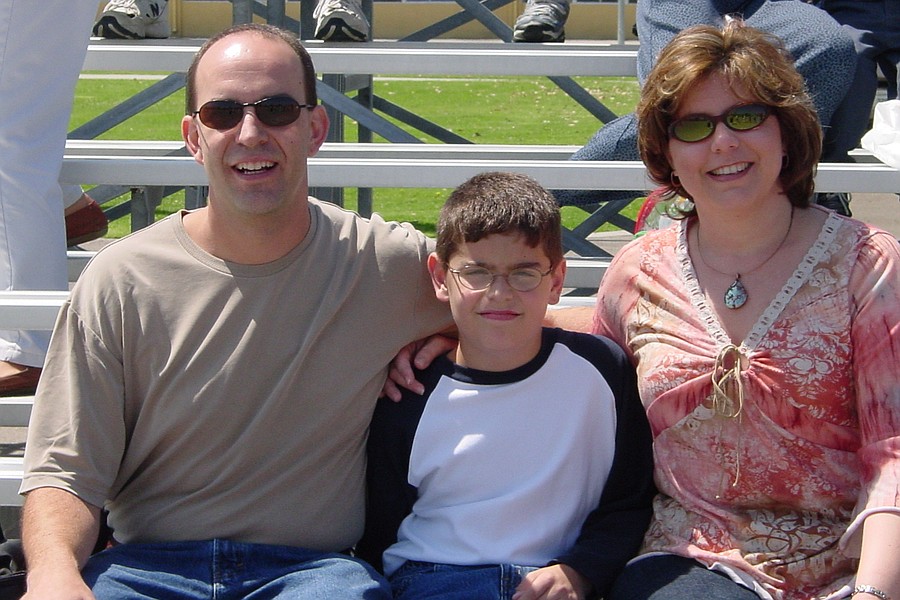
The couple started a foundation, Saving Young Hearts, in memory of Sean, and ran it for 15 years before becoming involved with the national organization Parent Heart Watch.
Lopez-Anderson is continuing her local involvement with the donation of an automated external defibrillator at the city of Ocoee’s Bill Breeze Park. Provided through the sponsorship of PHW, the AED is housed inside a SaveStation outdoor tower and was installed earlier this week.
“Ocoee was our home for 25 years, and it’s a place where we had our first home, our son was born,” said, Lopez-Anderson. “I contacted the fire chief, and he was like, ‘Hell, yeah.’”
The city of Ocoee has multiple AEDs inside city facilities, including City Hall and the Ocoee Lakeshore Center, but this one is different because it’s accessible to the public at all times and not just during business hours.
“That tower is illuminated, it’s ventilated, and it’s monitored; the AED is always going to be ready for someone to use in the event of a cardiac emergency,” Lopez-Anderson said. “The idea is to have AEDs available to the public 24/7.”
The tower has a QR code that takes people to a short video called “Call Push Shock.” It shows people how to use the AED, and everyone featured in the video is either an SCA survivor or advocate or someone who lost a child. The AED walks users step by step through the process.
“We want to empower: You can do this, anyone can do this,” Lopez-Anderson said. “Our goal is to empower people to know they can save a life, that they can make a difference. … The idea is to buy time until EMS arrives, thus giving sudden cardiac victims a higher chance of survival.”
AEDs were not readily available when Sean died. It took about 10 minutes before an AED got to him, but it was too late.
“For every minute that goes by, your chance of survival goes down by 10%,” Lopez-Anderson said.
For years, Saving Young Hearts partnered with the city of Ocoee and Ocoee Rotary Club to place AEDs in the local schools. Lopez-Anderson also encouraged then-police chief Charlie Brown to use forfeiture funds to put AEDs in patrol cars.
“Guess who was the first person on the scene when our son died?” she said. “A police officer who didn’t have an AED.”
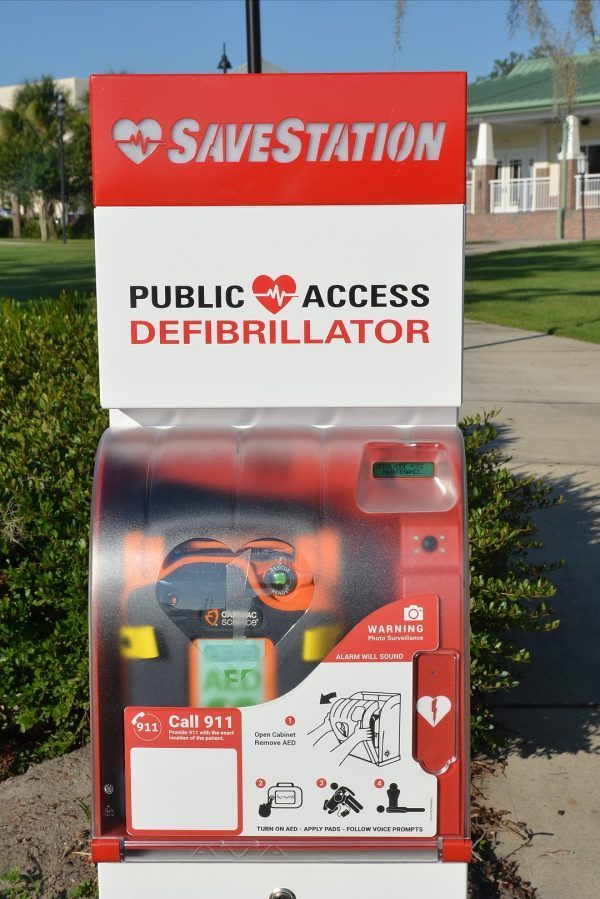
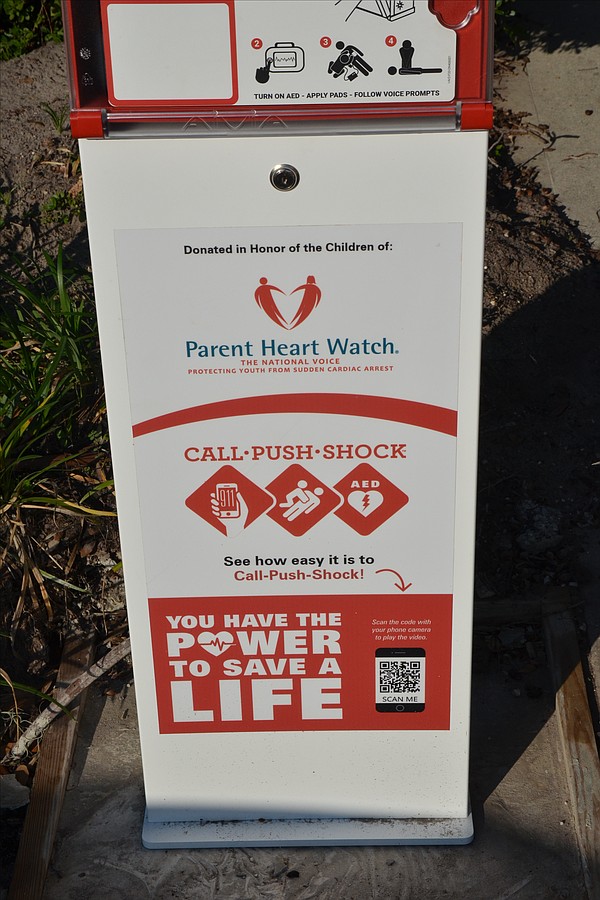
PARENT HEART WATCH
Parent Heart Watch is dedicated to protecting youth from sudden cardiac arrest and preventable sudden cardiac death. Participants in 40 states educate and raise awareness on the local level, lead CPR and AED training, and advocate for heart screenings for youth.
“It’s comprised of people like myself who lost a child and parents whose child survived — as well as other nonprofits and individuals who realize we can do better,” Lopez-Anderson said.
She has been involved with the organization since 2006. She served as board chair from 2007 to 2017 and executive director from 2017 to 2023.
Locally, PHW has benefited Shepherd’s Hope and has worked with Orange County Public Schools to require students to have EKG screenings to participate in sports. Lopez-Anderson’s goal is to get AEDs in as many public locations as she can — where children play, learn and live, she said.
Besides Sean, there is another Anderson son, who was 20 when his little brother passed away. He lives in another state and works in law enforcement and is always checking on his city’s AEDs to make sure they are properly maintained and ready for rescue.
“This becomes a part of your life once you’ve been personally impacted,” Lopez-Anderson said.
STEADFAST COMMITMENT
“One of the things we have to do is change the standard of care that is failing our kids,” she said. “Those well-child checkups and free sports physicals, they aren’t enough. … They put a stethoscope on their chest, and that is just not enough. … You can maybe hear a murmur, but you’re not going to hear underlying heart conditions, electrical conditions or even other heart conditions. This is why you need to add an EKG as a baseline test.
“They look seemingly healthy, the picture of health, and a lot of times parents and people who work with youth don’t know there’s an underlying condition,” she said.
Lopez-Anderson said she applauds OCPS for adopting policies requiring EKG screenings for student-athletes, band members and JROTC.
“You wonder, who would he have become, what would he be doing today?” Lopez-Anderson said of Sean. “I always tell people, obviously losing Sean changed our lives forever but learning his death was preventable, that was like losing him all over again. It’s like someone punching you in the stomach. I ask parents to ask questions, and if your provider doesn’t listen, move on.
You have to be your child’s best advocate.
“If I had known then what I know now, I’m pretty certain Sean would be here now,” she said. “I just feel we need to educate parents and people who work with children. … SCA doesn’t discriminate — it doesn’t care how old you are, your race, if you’re male or female — and that’s why it’s critical.”
